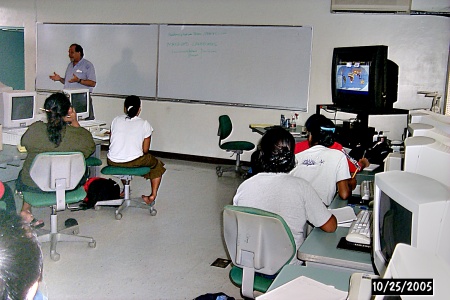
Guest lecturer: Dr. Michael J. Balick1
Ethnobotany is the study of managed landscapes. Schultes advocated traveling, living with the people. Disappear into the culture.

Ways to find ethnobotanically important plants
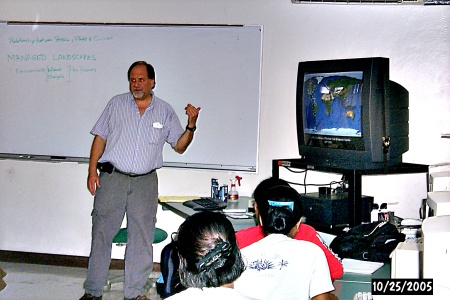
Culture bound syndromes: Denotes locality specific patterns of aberrant behaviour.
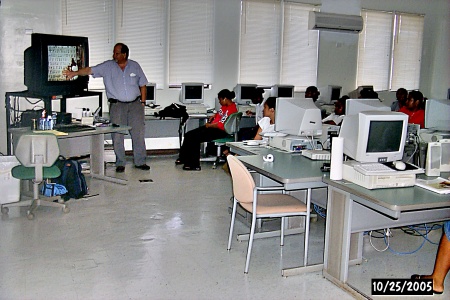
Examples of spiritual ailments in Belize
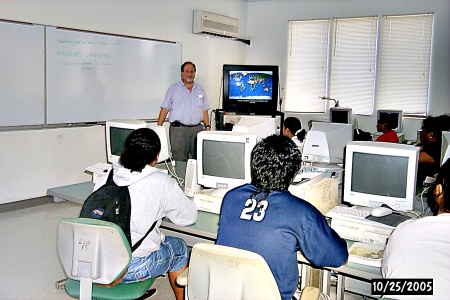
The field of ethnomedicine combines the application of western medical knowledge and traditional healing practices.
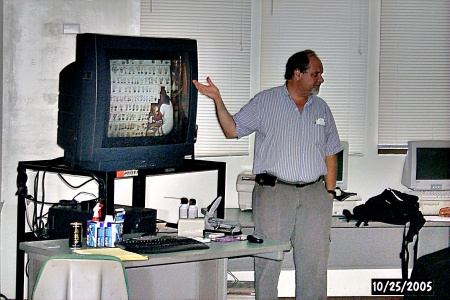
The devolution (loss) of traditional knowledge and the constraints to the preservation of traditional knowledge.
1Dr. Michael J. Balick, Vice President and Chair, Botanical Science Research and Training, Director and Philecology Curator, Institute of Economic Botany, The New York Botanical Garden Ph.D., Harvard University.
For nearly three decades, Dr. Michael Balick has studied the relationship between plants and people, working with traditional cultures in tropical, subtropical, and desert environments. He is a specialist in the field known as ethnobotany, working with indigenous cultures to document their plant knowledge, understand the environmental effects of their traditional management systems, and develop sustainable utilization systems-while ensuring that the benefits of such work are always shared with local communities. Dr. Balick also conducts research in New York City, studying traditional healing practices in ethnic communities of the urban environment. In addition to ethnobotany, Dr. Balick is an expert on the palm family, an economically important family of plants in the tropics.
He is also involved in an ethnobotanical and floristic survey of the Federated States of Micronesia, in particular the island of Pohnpei and its outer atolls. This work is in collaboration with the National Tropical Botanical Garden, The Nature Conservancy, the Beth Israel Continuum Center for Health and Healing, The College of Micronesia and the Pohnpei Council of Traditional Leaders. A major effort in this work is to study the devolution of traditional knowledge, and its impact on the local environment. Outputs will include a checklist of the local flora, a book on primary health care, and an ethnobotanical manual for the island.
Dr. Balick is the author of more than 14 scientific and general interest books and monographs, with titles ranging from Useful Palms of the World, to Rainforest Remedies, to Plants, People, and Culture. His latest book, co-authored with two Garden colleagues (Michael H. Nee and Daniel E. Atha) entitled Checklist of the Vascular Plants of Belize, With Common Names and Uses, is the result of a decade-long study of the flora of that nation . Dr. Balick has published more than 80 scientific papers and contributed to nearly 30 horticultural and general interest publications.
Dr. Balick currently serves as an Adjunct Professor at Columbia University, New York University, Yale University, and City University of New York. He is an active mentor to postdoctoral, masters, and international fellowship students. He is also a co-founder of a course that teaches herbal medicine to practicing physicians and other health care professionals, run in collaboration with Colombia University's College of Physicians and Surgeons and the University of Arizona Program in Integrative Medicine.